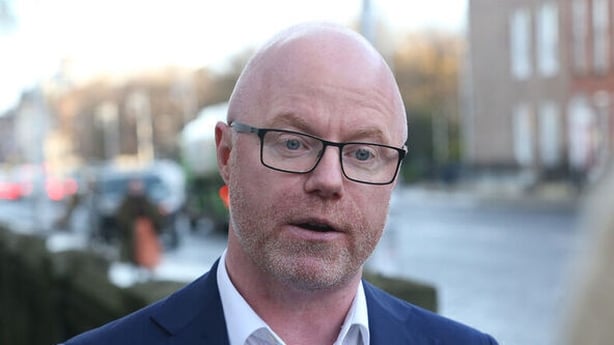The pharmaceutical industry has said there are lengthy delays of two or more years for new drugs to be approved for use by the Health Service Executive.
The Irish Pharmaceutical Healthcare Association (IPHA), which is holding its annual conference today, has said timelines can be improved significantly.
The organisation said it is ready to work with the State to cut waiting times for approval for new medicines.
The IPHA said it accepts that a robust clinical and economic evaluation system is needed for new drugs.
It said that of the 23 medicines its member companies made available to public patients last year, the average time to availability from application to the HSE was 729 days, or around two years.
For medicines which the HSE and the National Centre for Pharmacoeconomics required a Health Technology Assessment, the average time was more than 1,000 days, the IPHA said.
For cancer medicines, the average wait time for funding approval was 651 days, it said.
IPHA president Michael O' Connell said the organisation welcomed the €20m allocated for new medicines this year, plus €10m to be found in efficiency savings.
He said the funding will benefit 4,000 Irish patients across several therapy areas.
Extra staff are being appointed to the drugs assessment process and an online tracker is to be set up this year to help the public see where drugs are in the approval process.
Mr O'Connell said the IPHA drugs agreement with the State has delivered more than €400m in savings in the first two years.

Minister for Health Stephen Donnelly has said the Government is investing in new medicines, new treatments and faster access for life-changing and life-saving medicines at an unprecedented rate.
He said that an estimated extra €850m will have been spent by the State on extra medicines alone over five years.
Some of this funding has gone towards making so-called orphan drugs available for rare conditions.
The original price for the one off treatment was €2.8m.
Around one in 17 people will be affected by a rare disease at some point in their lives. An estimated 300,0000 people in Ireland are living with a rare disease.
Last year, Mr Donnelly set up a working group to make the approval system for new drugs more efficient, following an independent consultancy report from Mazars.
The HSE Drugs Group usually meets monthly to consider all medicines with a budget impact.
The HSE said that last year, it approved 15 new medicines and 21 new uses of existing medicines.
These medicines will be prescribed for patients diagnosed with various types of cancers, heart failure, autoimmune conditions, as well as inherited and rare disorders.
The HSE said had it accepted the original offers made by pharmaceutical companies for the drugs ultimately approved during 2023, the costs involved would have exceeded €400m over five years.
However, following the robust assessment of these medicines, and HSE negotiations with the drug firms, €200m in costs will be avoided and will be available to provide access to medicines for other patients.







